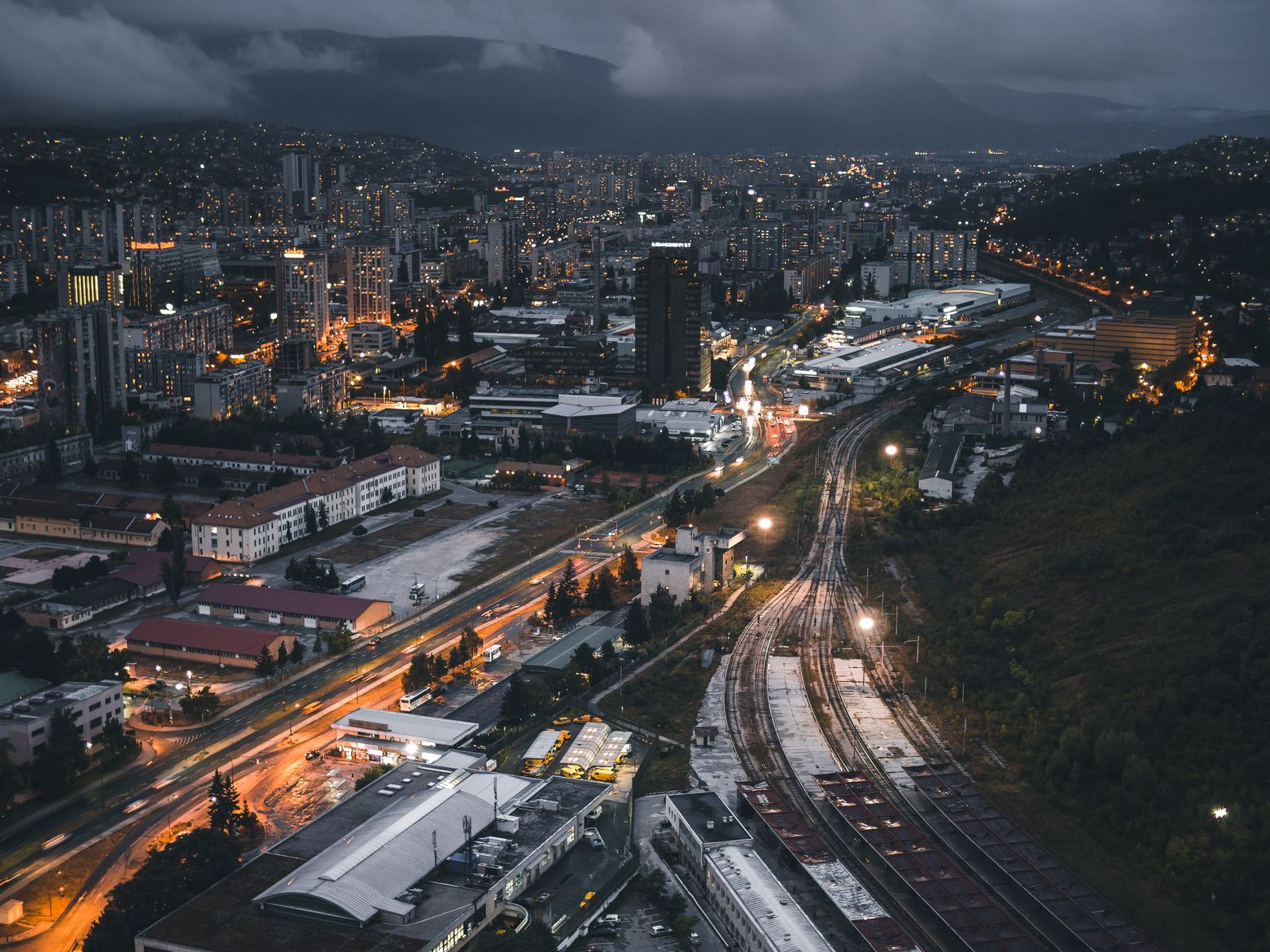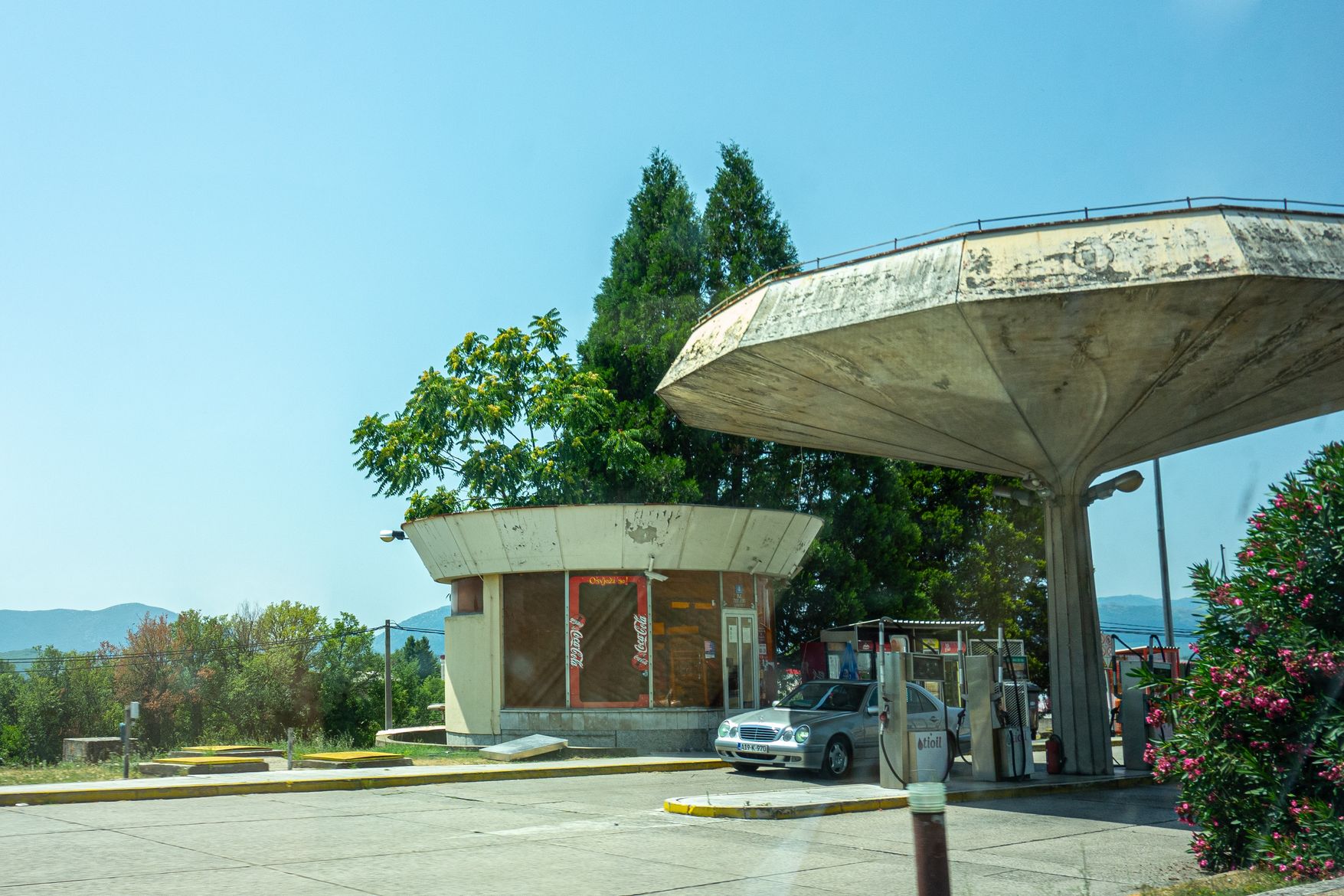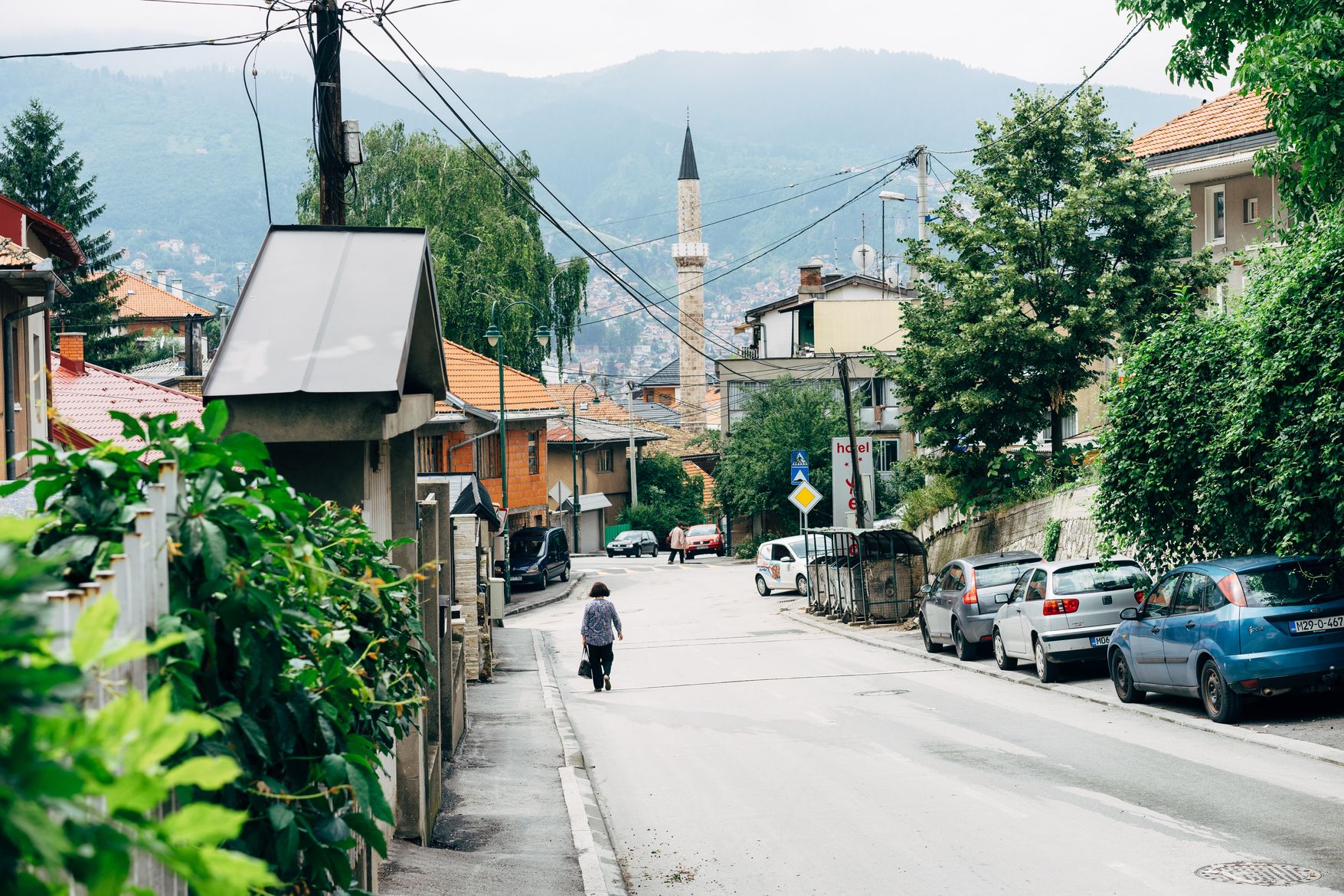Bosnia Traffic Guide
About the road traffic in Bosnia and Herzegovina
Bosnia and Herzegovina is a beautiful country on the Balkan Peninsula, characterised by a forested and mountainous landscape with impressive karst mountains. This makes driving in Bosnia and Herzegovina sometimes very challenging. However, as some of the country's most beautiful sights are located in remote areas not accessible by public transport, this challenge can be well worth it.
In this article, you will learn what to consider when driving in Bosnia and Herzegovina, which traffic rules to follow, and what the roads and petrol stations in the country are like.
An overview of Bosnia and Herzegovina's traffic rules
- In Bosnia and Herzegovina, you can drive from the age of 18. For international travellers, the EU driving licence is sufficient.
- Bosnia and Herzegovina drives on the right with all the corresponding rules (right before left, overtake on the left, roundabouts anticlockwise).
- Within towns, the maximum speed limit in Bosnia and Herzegovina is 50 km/h. Outside towns, the speed limit is 80 km/h, and on expressways, it is 100 km/h.
- In Bosnia and Herzegovina, dipped headlights must be used at all times of the day and year. All passengers must wear seat belts during transit. Mobile phone use is only allowed with a hands-free device.
- The use of radar detectors is prohibited in Bosnia and Herzegovina, including navigation systems with built-in radar detection.
- A warning triangle, first aid kit, and high-visibility vests must be present in the vehicle. The high-visibility vest must be worn when exiting the vehicle in case of breakdowns or accidents outside urban areas.
- The alcohol limit for drivers who are over 21 years old and have had their licence for at least three years is 0.3‰. Drivers under 21 or who have had their licence for less than three years must adhere to a 0.0‰ limit.
- Novice drivers under 23 years old and those who have had their licence for less than a year are not allowed to drive between 11 PM and 5 AM.
- Motorcyclists, cyclists, and pedestrians are not allowed to wear earplugs.
Driving in Bosnia and Herzegovina
The roads in Bosnia and Herzegovina
In the urban areas of Bosnia and Herzegovina, such as Sarajevo, Mostar, and Banja Luka, there are well-developed roads that make driving straightforward. The larger cities and populous regions are connected by motorways, expressways, and main roads, facilitating easy car travel from city to city.

In rural areas, some roads are in poor condition, often with inadequate markings and lacking lighting. Some routes are also only accessible via gravel roads. It is therefore recommended to avoid driving outside the cities in the dark.
Throughout the country (including near cities), it is also strongly advised not to leave paved roads, as there is still a risk of landmines from the Bosnian War in the 1990s.
Landmines and unexploded ordnance may have moved due to landslides, meaning minefields are not always clearly marked. Therefore, always stay on paved, signposted roads and check with local authorities before going on hikes or excursions.
Petrol stations and charging points
Petrol and Diesel: In Bosnia and Herzegovina, petrol and diesel prices are slightly cheaper than the European average. The country has a well-developed network of petrol stations, so refuelling in Bosnia and Herzegovina is generally not a problem.

Electric Cars: The network of charging stations for electric vehicles in Bosnia and Herzegovina is still in a relatively early stage of development and is limited compared to some other European countries.
Those travelling with an electric car will find some charging stations in larger cities and tourist areas. However, a holiday in Bosnia with an electric car is not yet highly recommended.
Hydrogen Cars: Currently, there are no hydrogen fuel stations in Bosnia and Herzegovina. Therefore, travelling in Bosnia and Herzegovina with a hydrogen car is not yet feasible.
Rental car or own car?
Bosnia and Herzegovina is accessible by land using your own car. Those entering with a car from the EU need to display the oval country sticker for entry. Additionally, the International Insurance Card must be carried to prove vehicle liability insurance. Ensure that your International Insurance Card includes the country code "BIH" for Bosnia and Herzegovina.
Those who do not wish to drive their own car to Bosnia and Herzegovina can rent a car locally. Car rental availability is good in all cities and tourist areas, especially at the four international airports in Sarajevo, Tuzla, Banja Luka, and Mostar.
To rent a car, you must be at least 21 years old and have held your driving licence for more than a year. Depending on the car rental company, the minimum age requirement may be higher. Some providers also set a maximum age limit.
Fines
Fines can be imposed directly by the police in Bosnia and Herzegovina and are approximately as follows:

- Speeding over 20 km/h: from 50 Euros (approx. £40)
- Speeding over 50 km/h: from 200 Euros (approx. £170)
- Seat belt violation: from 50 Euros (approx. £40)
- Driving under the influence of alcohol: from 200 Euros (approx. £170)
- Using a phone while driving: from 50 Euros (approx. £40)
- Running a red light: from 250 Euros (approx. £210)
- Parking violation: from 25 Euros (approx. £20)
Conclusion: How to Drive in Bosnia and Herzegovina
Anyone wanting to explore Bosnia and Herzegovina with their own car or a rental should stick to paved roads and only travel cross-country during daylight hours. Then, nothing will stand in the way of a road trip around Bosnia. Petrol stations are plentiful throughout the country and the road network is largely well-developed.
► Here you can find more information about the toll regulations in Bosnia and Herzegovina to be fully prepared for your trip.
